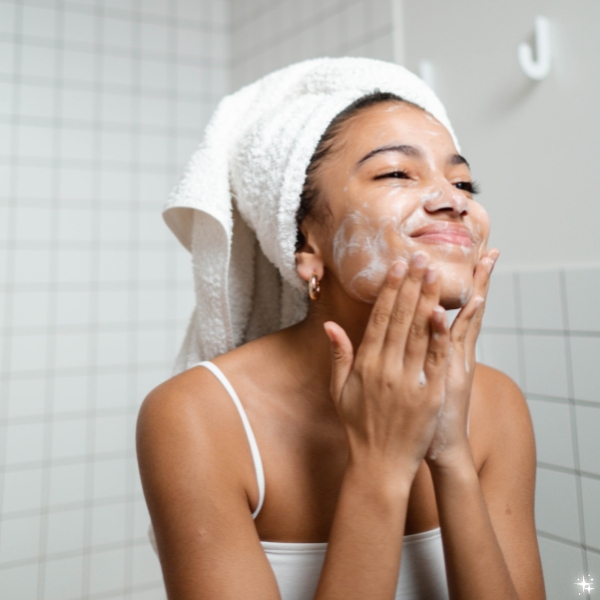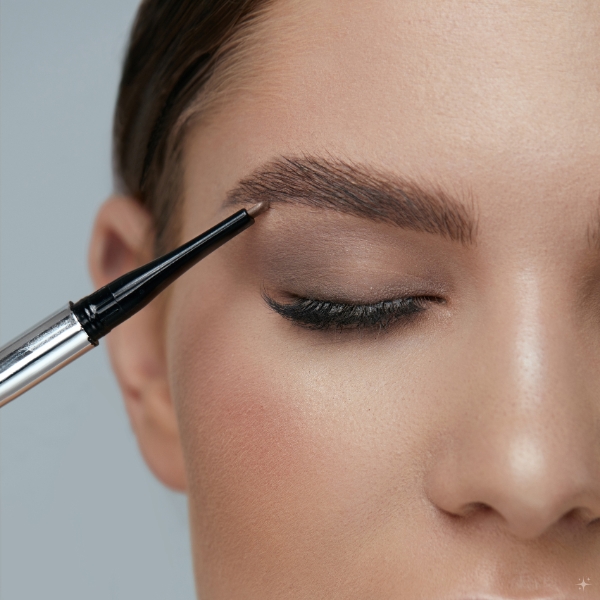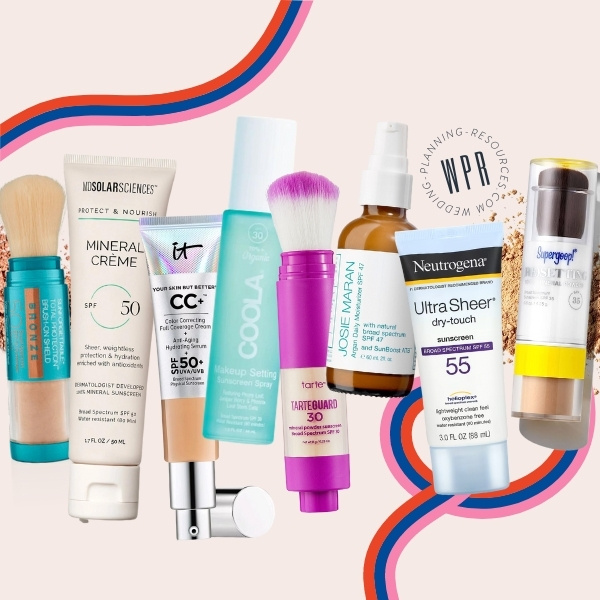Should You Exfoliate Your Skin? Exfoliation 101: Should It Be Part of Your Skincare Routine? Exfoliation Myths & Facts: Should You Be Doing It? Glowing Skin Starts Here. Skincare Routine.
This site contains affiliate links. For more info, please see our full disclosure.
Exfoliating your skin is one of the key steps to achieving a fresh, glowing complexion. By removing dead skin cells, you’re not only revealing the newer, healthier skin underneath, but you’re also helping your skincare products absorb better. So, should you exfoliate? Absolutely! But, as with everything, there’s a right way and a wrong way to do it, and it’s important to understand your skin’s needs to avoid irritation.
Should You Exfoliate Your Skin? Why Is Exfoliating Important?
Exfoliating helps clear away dead skin cells that can clog pores and lead to dullness, breakouts, or uneven texture. It boosts cell turnover, helping your skin look smoother and more radiant. Regular exfoliation can also minimize the appearance of fine lines and help with hyperpigmentation by encouraging new skin growth.
By exfoliating, you’re giving your skin the chance to breathe and allowing your serums, moisturizers, and other treatments to work more effectively.
Exfoliation is a key step in maintaining healthy skin, and many dermatologists agree on its importance. According to Dr. Whitney Bowe, a board-certified dermatologist, “Exfoliating removes dead skin cells from the surface of your skin, which allows your skincare products to penetrate more effectively.”
Dr. Bowe emphasizes that regular exfoliation can prevent clogged pores and breakouts, as well as improve the skin’s texture and tone. You can read more about her advice on her website Dr. Whitney Bowe.
Dr. Mona Gohara, another renowned dermatologist, also underscores the importance of exfoliation. She explains, “Exfoliating keeps skin bright and radiant by promoting cell turnover, which is essential as we age.” Dr. Gohara recommends finding a balance between physical and chemical exfoliants to maintain skin health without overdoing it. You can explore her expert insights on exfoliation on her page at Dr. Mona Gohara.
How Often Should You Exfoliate?
This depends on your skin type. For most people, exfoliating 2-3 times a week is ideal. If you have sensitive skin, you may want to start with just once a week and see how your skin reacts.
Over-exfoliating can lead to irritation, dryness, or even breakouts, so it’s important to pay attention to how your skin feels after exfoliation. Always follow up with hydrating products to restore moisture and balance.
I only exfoliate once or twice a week, but every other day, I use the CLINIQUE Acne Solutions Clarifying Lotion with Salicylic Acid and I found that it worked for my acne-prone skin better. I’ve had fewer dry patches and makeup stays less cakey throughout the day.
Product Suggestions You’ll Love
Here are some highly-rated exfoliators available at Sephora that will help you get glowing without irritating your skin:
- Drunk Elephant T.L.C. Sukari Babyfacial – This cult-favorite is a gentle yet powerful chemical exfoliator that combines AHAs and BHAs to resurface your skin. It’s great for smoothing texture and evening out skin tone without being too harsh. Perfect for most skin types.
- Paula’s Choice Skin Perfecting 2% BHA Liquid Exfoliant – Ideal for oily and acne-prone skin, this exfoliator is a dream for unclogging pores and reducing blackheads. It’s lightweight and gentle enough to use a few times a week without irritation.
- Kate Somerville ExfoliKate Intensive Exfoliating Treatment – Known as the “Hollywood 2-minute facial,” this physical and chemical exfoliant combo gives you smooth, glowing skin in a matter of minutes. It’s excellent for those who need a quick glow-up before a big event.
What to Watch Out For to Avoid Irritation
While exfoliating is beneficial, you have to be careful not to go overboard. Look for products that match your skin type (e.g., chemical exfoliants for sensitive skin, physical exfoliants for more resilient types). Avoid using exfoliants that contain large or rough granules, as these can cause microtears in your skin. Always do a patch test before trying a new product to ensure it doesn’t irritate your skin.
You can watch out for the exfoliant ingredients to help you pinpoint what to avoid when trying or using a product. It can take a lot of trial and error, and most likely buying and returning, but once you find your holy grail, it’ll be worth all the effort.
What to Use Before and After Exfoliating for Skin Recovery
Before exfoliating, cleanse your face with a gentle, non-irritating cleanser to remove dirt and makeup. This preps your skin for exfoliation. After exfoliating, it’s crucial to hydrate and soothe your skin. Reach for products that contain ingredients like hyaluronic acid, ceramides, or peptides to help with skin recovery.
Some post-exfoliation favorites include:
- The Ordinary Hyaluronic Acid 2% + B5 – Hydrates and soothes, ensuring your skin stays plump and nourished.
- First Aid Beauty Ultra Repair Cream – A rich, calming moisturizer that helps restore moisture and strengthen your skin’s barrier after exfoliation.
My go-to moisturizer is CLINIQUE Moisture Surge. I use most of the whole line because it’s the only moisturizer that my skin somehow absorbs and does not react to. Also, my makeup sits very well on it without cracking or patching throughout the day.
Tips for Healthy Exfoliation : Should You Exfoliate Your Skin
To get the most out of exfoliating without irritating your skin, make sure to always follow up with sunscreen during the day. Exfoliating can make your skin more sensitive to the sun, and sun damage can undo all the benefits you’ve gained. Also, listen to your skin! If it’s feeling dry, tight, or sensitive, ease up on exfoliation and focus on hydration.
What You Really Need To Know
Understanding how to exfoliate your skin safely is crucial for achieving a healthy complexion. If you’re dealing with dead skin cells, incorporating chemical exfoliants like glycolic acid or salicylic acid can help in removing dead skin effectively. For those with oily skin, beta hydroxy acids are especially beneficial due to their ability to penetrate pores and target acne. Meanwhile, individuals with sensitive skin or dry skin should opt for milder options and limit exfoliation to once a week to avoid irritation.
Remember, the right skin care products depend on your skin type, whether it be combination skin, prone skin, or otherwise. Consulting a dermatologist can provide personalized advice tailored to your specific needs, ensuring you choose products that suit your skin without causing harm. By understanding the differences between physical and chemical exfoliation, you can select the best method for your skin. Ultimately, consistent and proper exfoliation can lead to a brighter, more radiant complexion that you’ll love!








